KEY MOMENTS IN THE HISTORY OF AFRICA

Today, 25 May 2022 is Africa day. The day marks the founding of the Organization of African Unity in 1963, transformed into Umoja waAfrica/African Union in 2002. Below is a timeline of major events showing key moments in the history of Africa.
| Time | Moments |
| Before 1880s | Mostly free Africa with own social welfare system, political system, languages, religion, food and nutrition self-reliant etc |
| 1884 | White people held the Berlin Conference to divide Africa amongst themselves. Thereafter, they colonised Africa, except for Ethiopia who defeated them |
| 1951 | Libya was the first colonised state in Africa to be free, followed by other North African countries the same decade |
| 1960s | Majority of African countries gained independence from European colonisers |
| 1963 | Formation of the OAU in Addis Ababa of free Ethiopia, on 25 May by Kwame Nkrumah of Ghana, Julius Nyerere of Kenya, Sékou Touré of Guinea and Kenneth Kaunda of Zambia and other pan-Africanists from 32 African countries |
| 1990 | By this time only South Africa and Namibia were still under European colonisation. Namibia gained freedom in 1990 |
| 1994 | Following release of Nelson Mandela from prison in 1990, South Africa gained political independence from white people, ending apartheid but economic and land colonisation remained |
| 2000 | Zimbabwe, led by Robert Mugabe courageously decolonised its lands grabbed by force by Europeans 100 years earlier |
| 2002 | The OAU was transformed to the African Union (AU) |
| 2005 | Ellen Johnson-Sirleaf, woman, elected president of Liberia. Africa had several other women leaders before colonisation |
| 2011 | South Sudan becomes an independent state, the 54th member of the AU |
| 2013 | 50th birthday of the AU. A 50 year plan, Agenda 2063 was signed, to be concluded by 1963 on the 100th birthday of the AU |
| 2019 | A Free Continental Trade Area plan for Africa was agreed |
| 2020 | Africa defends itself against the corona virus disease (COVID-19) pandemic beyond expectations |
| 2021 | Barbados, a nation formed by former African slaves, removes the Queen of England as its Head of State, it becomes a republic |
| 2063 | 100th birthday of African Unity (OAU) |
| After 2063 | What will Africa be after 2063, what do we want Africa to be? |
In this timeline, by starting from 2063, we have been futuristic. We have to ask ourselves these questions:
Overarching question
What will Africa be like in 2063, what do we want it to be like? Answers to this question are found in Agenda 2063 itself.
10 questions to ask ourselves
- Is gender equality going to be achieved? Africa has made significant progress in this area, with some families, communities and countries having made more progress than others.
- Is African knowledge and education going to be fully decolonised? This includes education provide at home, in schools, communities, colleges, universities and knowledge contained in literature, laws and media. How about African religion and languages?
- Is food security going to be achieved? This includes nutrition, a key part of AU’s theme for 2020.
- Is decolonisation of land and the environment going to have been achieved, particularly in Sothern Africa where Black people are still dispossessed by White people?
- In Francophone Africa, is financial and economic colonisation by France going to have been decolonised by 63?
- Will the new and emerging forms of colonisation (neo-colonisalism) in mining and infrastructure development (mainly by the Chinese) have been avoided by 1963? The expectation is that they are addressed well before 63.
- How about corruption and bad leadership?
- Is free movement of Africans in Africa not possible before 1963? This is possible. Only political commitment is required.
- Is the African diaspora going to have dwindled or doubled by 2063. Can we reverse the trend, from leaving Africa to going back to Africa? The expectation is that reverse the status quo.
- A Free Continental Trade Area is possible too. The pact for this was already signed in 2019
Once again, happy Africa Day. As we do a sankofa, that is, looking back into our history, let us also reflect on these 10 questions and contribute in our different ways to the building of the Africa we want.
Use the form below to subscibe to Owia Bulletin.
Discover more from Africa Social Work & Development Network | Mtandao waKazi zaJamii naMaendeleo waAfrika
Subscribe to get the latest posts sent to your email.

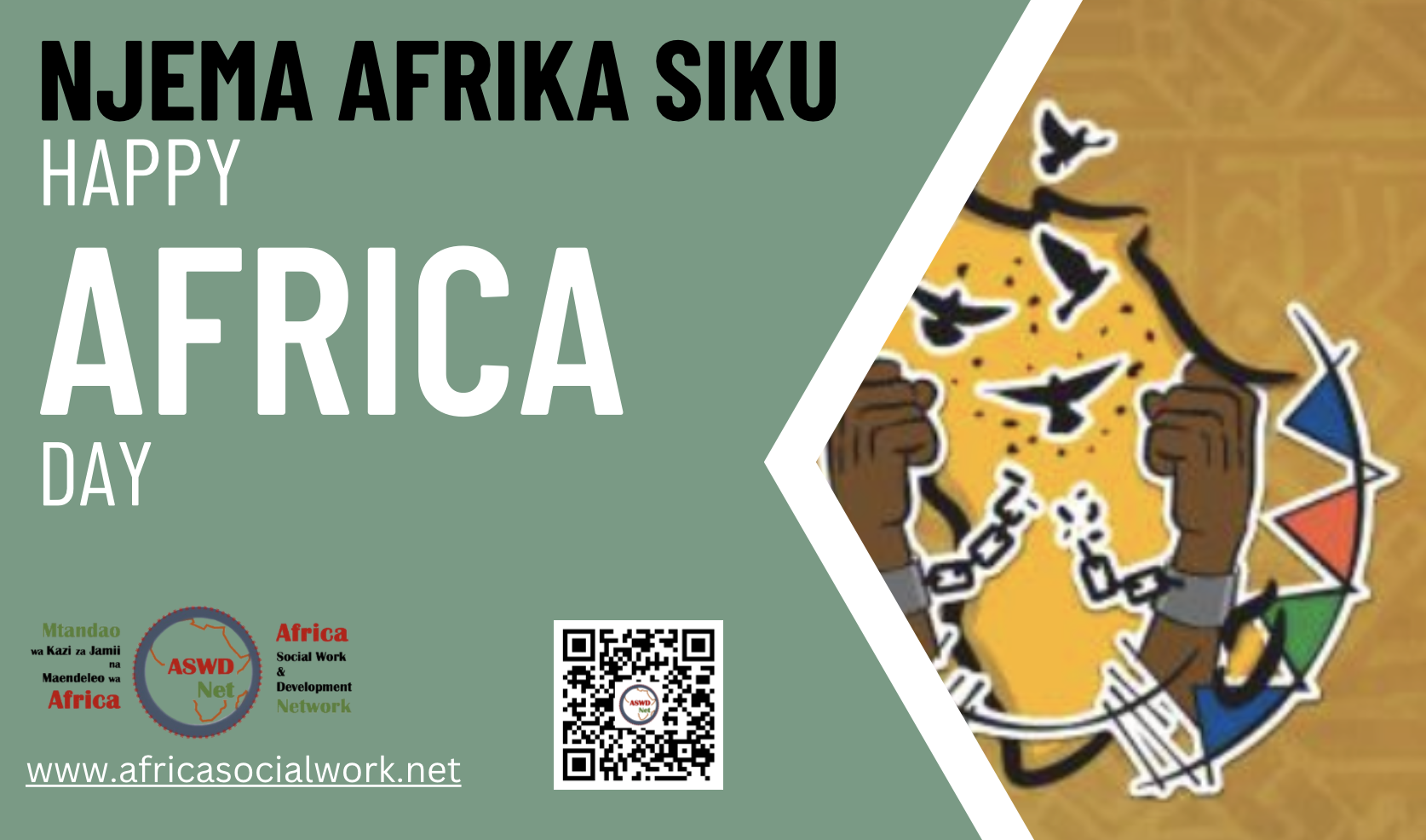

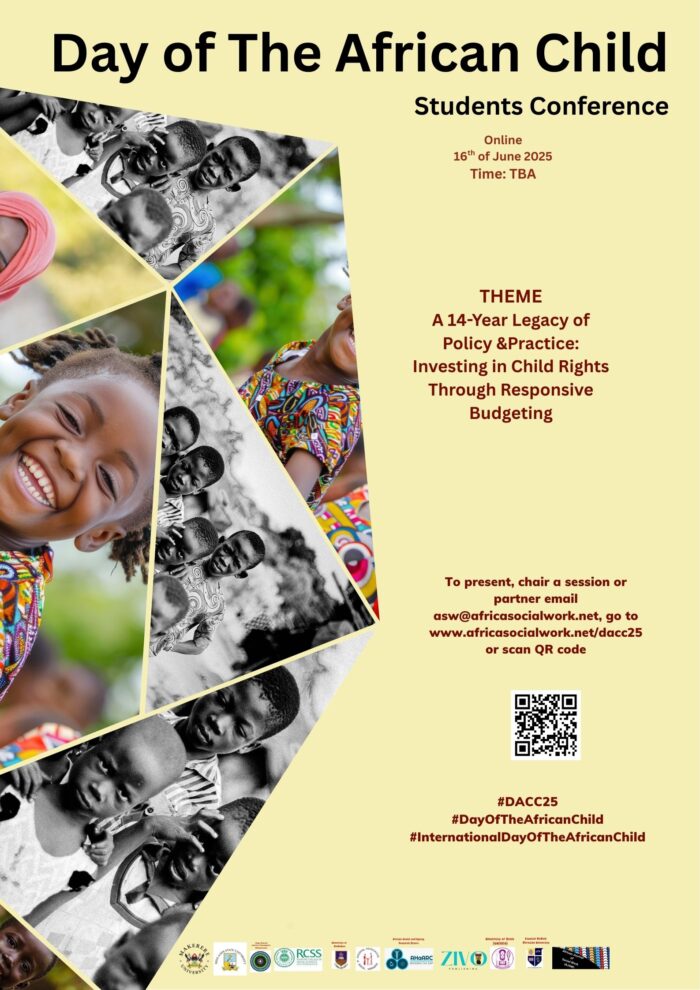

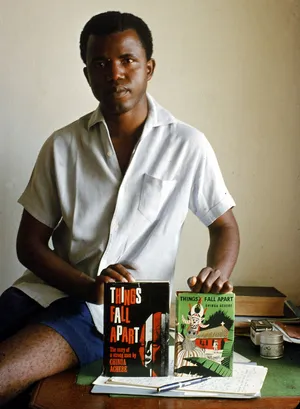
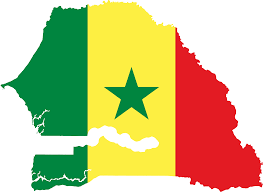

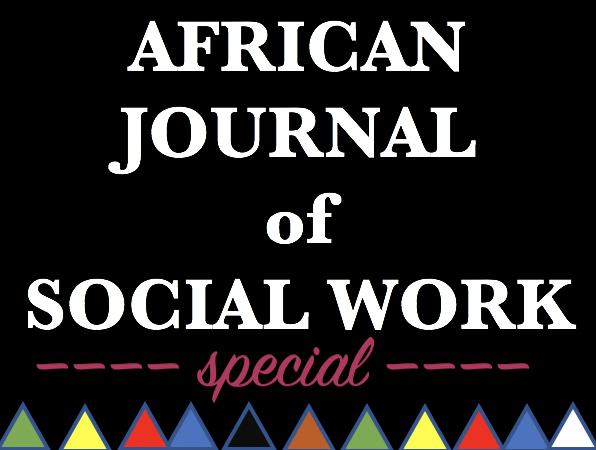

You must be logged in to post a comment.